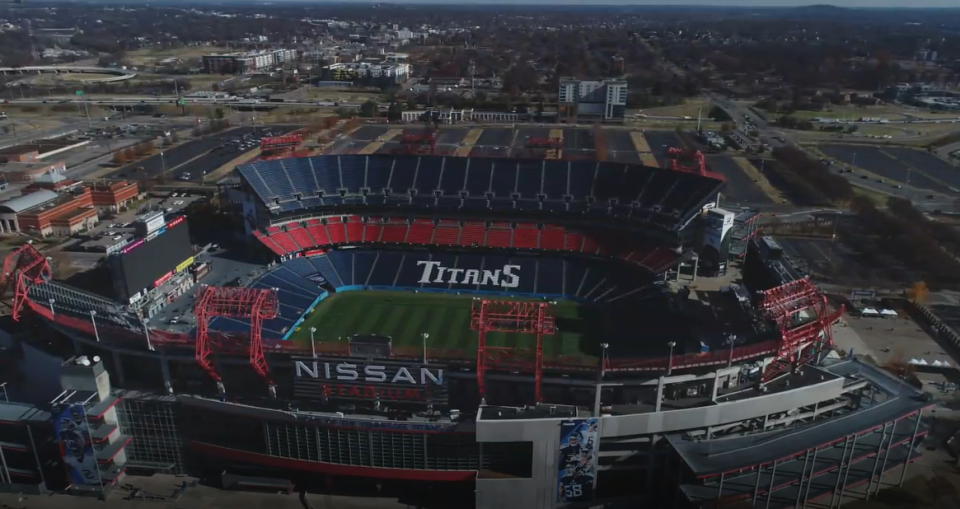Why a new Titan's Stadium could be a win-win for the team and Nashville citizens | Opinion
I was here, 26 years ago, when our community voted to bring the then Houston Oilers to Nashville.
Many people who never voted before turned out enthusiastically to forever change Nashville and adopt a team that has become entrenched in this community. But a team needs a place to play and in 1997 we quickly built Nissan Stadium on the East Bank.
Now we've reached another crossroad: what to do with an aging stadium and lease agreement that places too high a burden on taxpayers. It can’t be understated.
Hear more Tennessee Voices: Get the weekly opinion newsletter for insightful and thought provoking columns.
Nashville taxpayers are the sole funding source for all of the maintenance, repairs and renovations that keep Nissan Stadium in first-class condition. Lawyers may haggle over what “first-class” means, but we know that Nissan Stadium’s condition is a far cry from peer facilities.
If the estimated $1.8 billion liability through 2039 calculated by the Turner report is anywhere close, Metro’s General Fund is at serious risk and we must take action.

Based on the mayor’s and the Titans’ public statements as they move towards a deal, the Titans would be the largest contributor to the total cost of construction − joined by a $500 million grant from the state and hundreds of millions from the hospitality industry. The mayor has publicly stated that resources for a new stadium will not come from the city’s General Fund, which pays our first responders and teachers.
Metro’s portion will likely come from property and sales tax generated from development around the new stadium, which currently does not exist.
As a small business owner, I’ve grown accustomed to view challenges as opportunities and I believe a new stadium can be a win-win for the city and team. It would release Nashville from expensive obligations for maintenance and renovations and create an incredible community asset that we deserve.
My hope is that the conversation with how the East Bank develops around the stadium is inclusive of Nashville’s diverse communities. Minority communities are often left out of conversations about how Nashville develops and experiences challenges with new growth.
Sign up for Latino Tennessee Voices newsletter:Read compelling stories for and with the Latino community in Tennessee.
Sign up for Black Tennessee Voices newsletter: Read compelling columns by Black writers from across Tennessee.
The conversation around a new stadium should include all Nashville residents. We need to work together to create an inclusive path of opportunity and maximize partnerships that will allow Nashvillians from all backgrounds to participate in this exciting initiative.
This is precisely why this moment is so important. A new stadium represents an opportunity to re-envision what inclusion looks like on the East Bank and in a new facility.
A new, domed stadium will produce new revenue with high-profile events and be funded by the users of the stadium, campus and multiple stakeholders. This is a better deal for Nashville’s taxpayers all the way around.
The conversation is not whether to proceed with the existing Nissan Stadium lease agreement, the current lease is unequivocally a bad deal for the city, but rather how we can make a new stadium an asset to the entire community.
The Titans and their players have invested greatly in our city and state for the past 25 years. Let’s use this once in a generation opportunity to grow this legacy. We’re confident we can work together and make a difference. Let’s get started.
Richard Manson is the president of SourceMark, LLC, a premier provider of innovative products, services and solutions to the health-care and retail pharmacy industry.
This article originally appeared on Nashville Tennessean: A new Tennessee Titan's stadium could be a win-win for Nashville

